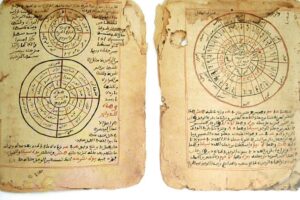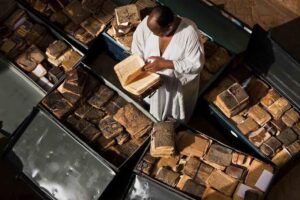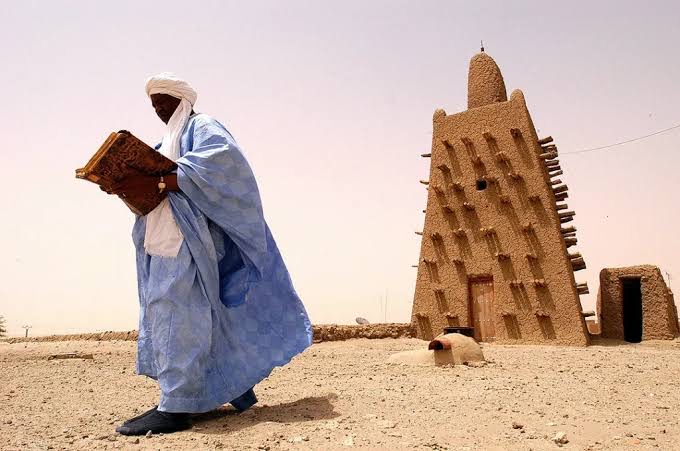Did you know? Timbuktu hid 700,000 ancient manuscripts that unveils Africa’s ancient brilliance
In the heart of Mali lies the fabled city of Timbuktu, once the epicentre of wisdom and learning in Africa. Beneath its ancient sands rests a story of one of the world’s most extraordinary universities—the University of Sankore. Established in the 1200s AD, this academic powerhouse was not only a beacon of intellectual brilliance but also a fortress safeguarding a treasure trove of manuscripts.
Picture this: 700,000 handwritten works, locked away for centuries in attics, basements, and underground vaults. Why? Because the scholars of Timbuktu knew something the world didn’t—these manuscripts held the secrets to Africa’s mastery of mathematics, astronomy, and science long before European colonialists arrived. These ancient texts, written in Ajami (Arabic script used to transcribe African languages like Hausa), were Africa’s gift to the global storehouse of knowledge.

As the winds of history changed, from the 1300s to the 1800s AD, European and West Asian invaders cast their eyes on this scholarly goldmine. But the people of Timbuktu were prepared. Like guardians of a sacred relic, they hid the manuscripts from the clutches of foreign powers who had already looted and destroyed the knowledge of great civilizations like ancient Egypt.
READ ALSO:How 34,000-year-old termite mounds unearthed rewrite climate history
What were they hiding? Groundbreaking works on mathematics that calculated complex equations, and astronomical texts mapping the stars—centuries ahead of European knowledge. These manuscripts reveal a truth often overlooked: Africa wasn’t just participating in global science; it was leading it.

Fast forward to recent decades, and the discovery of these ancient manuscripts has stunned historians and scientists alike. Their rediscovery is a reminder that Africa’s legacy in intellectual achievement is as rich and vast as the Sahara itself. The revelations contained within these pages not only reshape our understanding of history but also shatter the myth that Africa’s brilliance began only with colonial contact.
So, the next time you think of Timbuktu, remember it not as a lost city in the desert but as the birthplace of ancient wisdom that changed the world.
Follow the Neptune Prime channel on WhatsApp:
Do you have breaking news, interview request, opinion, suggestion, or want your event covered? Email us at neptuneprime2233@gmail.com







Quite interesting